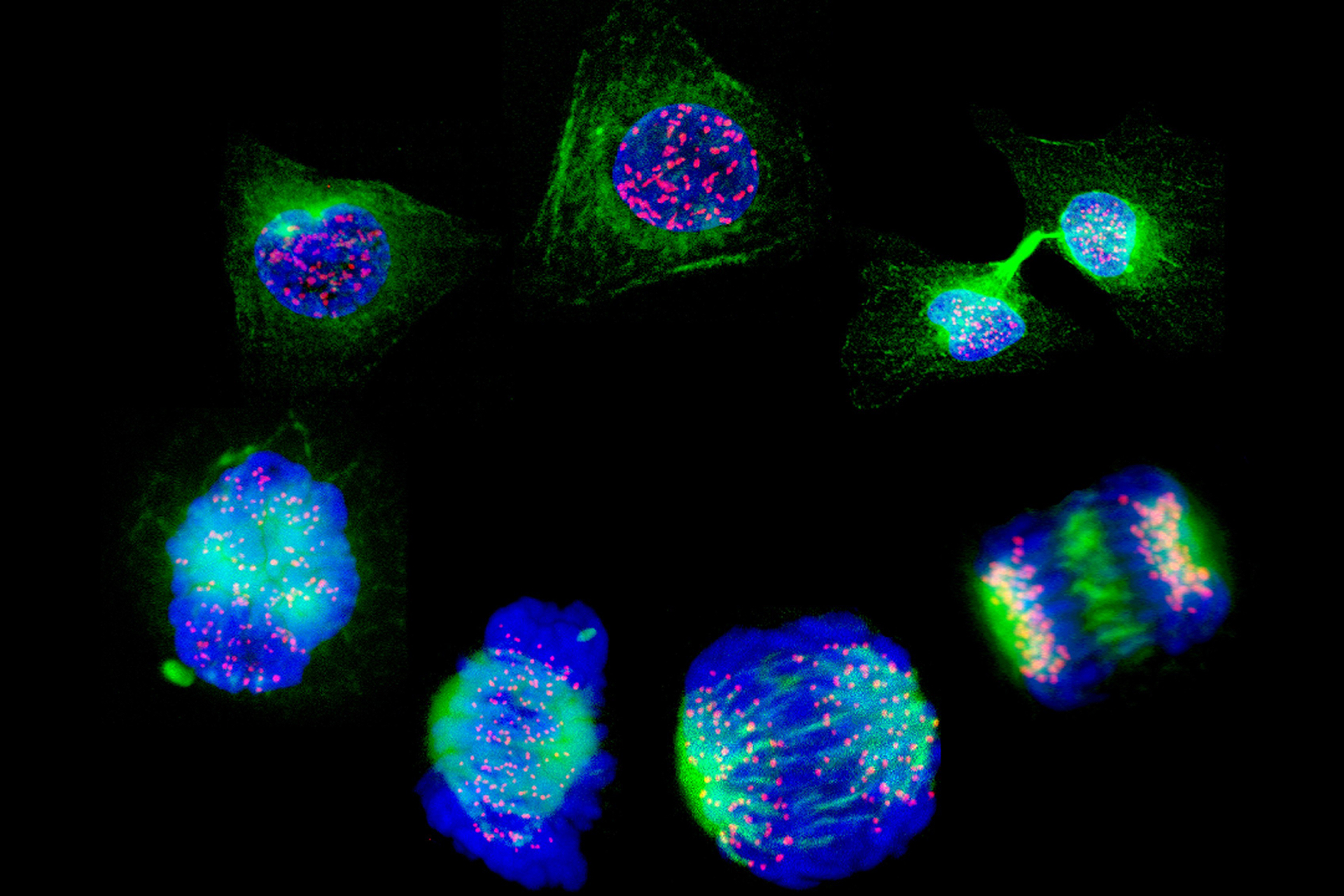A clinical trial for a CRISPR-based therapy for high cholesterol has been suspended after a participant developed unforeseen side effects.
The phase 1b part of the 'Heart-1' trial aimed to test the safety and tolerability of the therapy, called 'VERVE-101', as well as its effect on participants' levels of low-density lipoprotein cholesterol (LDL). Aimed at patients with heterozygous familial hypercholesterolemia and established atherosclerotic cardiovascular disease, the therapy targets a cholesterol-raising gene in liver cells (see BioNews 1151).
Dr Sekar Kathiresan, chief executive officer the therapy's developers – Verve Therapeutics, from Boston, Massachusetts – said: 'The safety of patients in our clinical trials is of the utmost importance. We plan to further investigate the laboratory abnormalities observed in the Heart-1 clinical trial in order to inform the next steps for VERVE-101.'
The participant developed increased levels of a specific liver enzyme and a low blood platelet count within four days of dosing. They were hospitalised for two days but abnormal liver and blood levels resolved within a few days after the treatment withdrawal.
Since some participants enrolled in the trial were also in the UK and Canada, the results were reported to relevant regulatory bodies (including the UK MHRA) who will investigate how to further proceed with the therapy development.
Last year, two cases of cardiovascular side effects were reported in a VERVE-101 trial, with one patient having died from a cardiac arrest around five weeks after treatment and another experiencing a heart attack the day after treatment (see BioNews 1216). While the investigators attributed the former patient's death to the late stage coronary heart disease, the latter had no symptoms before the therapy, but was subsequently diagnosed with heart disease. Despite these problems, the earlier trial showed that VERVE-101 could lower the levels of LDL by 46 percent on average.
Dr Kathiresan and his team believe that the symptoms observed in the study participant are attributable to the lipid nanoparticles used to package and deliver the genome-editing machinery into the liver cells. They therefore want to move forward with another trial, using a different delivery system, while the current one is under investigation.
'At this time, we are prioritising the initiation of the Heart-2 clinical trial of VERVE-102 due to its proximity to the clinic and its use of a different [lipid nanoparticle] that incorporates an ionizable lipid which has been well-tolerated in third-party clinical trials,' said Dr Kathiresan.
The Heart-2 clinical trial is expected to launch in the second quarter of this year.
Sources and References
-
Verve Therapeutics announces updates on its PCSK9 program
-
Verve Therapeutics pauses enrollment in early-stage gene therapy study for high cholesterol levels
-
Gene editing experiment halted as patient gets weird side effects
-
Verve plunges to record low after cholesterol-lowering gene editor causes side effects
-
Verve halts trial for lead gene editing program due to safety concerns
-
Verve halts enrollment of lead trial after grade 3 side effects, prioritizing next-up PCSK9 editor




Leave a Reply
You must be logged in to post a comment.